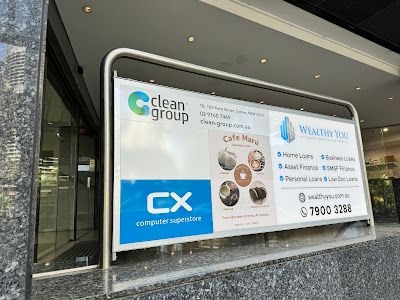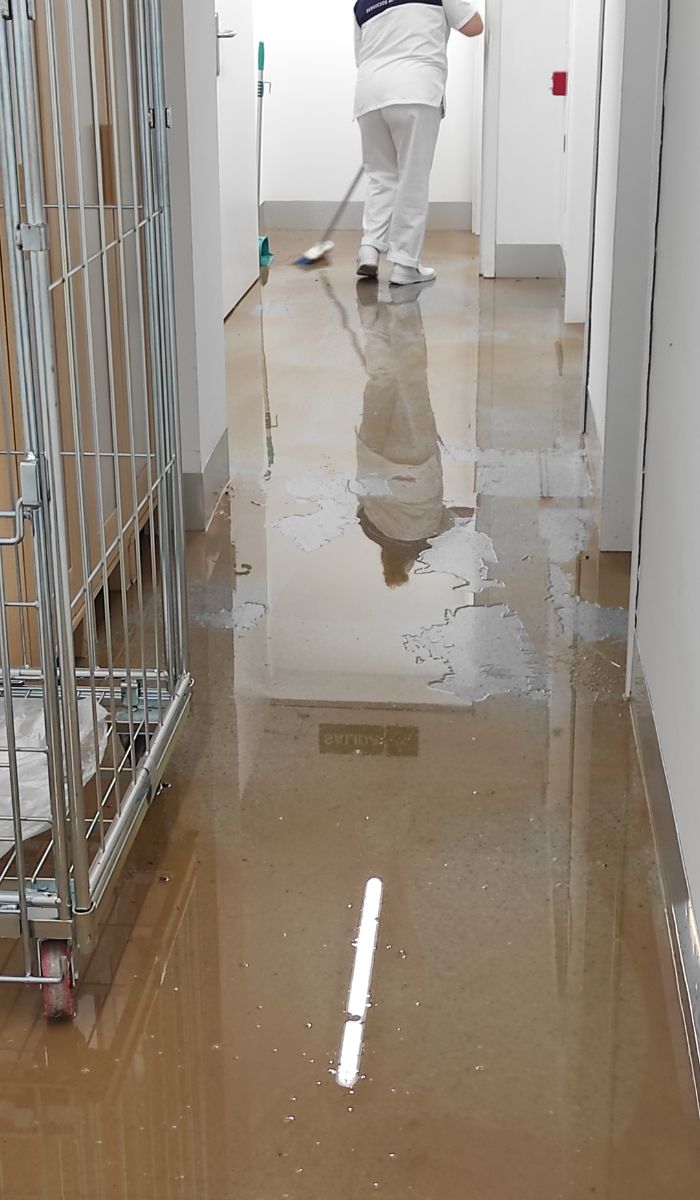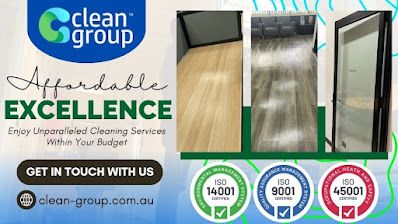
Why Employee Background Checks Matter in Cleaning Services
What Are the Responsibilities of a Commercial Cleaner?
Furthermore, the future of commercial cleaning may see an even greater focus on customization. As clients' expectations evolve, there is a growing demand for cleaning services that are tailored to the specific needs of individual businesses. For example, a medical office may require different cleaning protocols than a tech startup, and a restaurant may need specialized cleaning to meet health and safety standards. Commercial cleaning companies are responding by offering customizable service packages that allow businesses to choose the frequency, scope, and type of cleaning required. Clean Group provides comprehensive and professional Commercial Cleaning Sydney across Sydney, NSW. Our fully insured, trained, and security-verified cleaners ensure your workplace stays spotless and hygienic. Schedule a free onsite quote today—book online or call us at 02 9160 7469. Get your obligation-free commercial cleaning estimate for offices, buildings, and other business spaces in Sydney.. This level of flexibility helps businesses maintain clean and hygienic environments while ensuring that they receive the services that best fit their needs. Additionally, some companies are offering eco-conscious options, such as using plant-based cleaning products or minimizing waste, catering to businesses that prioritize sustainability in their operations.
Cleaning, in all its forms, serves as a critical component in maintaining not only the aesthetic appeal of environments but also the health and safety of individuals. As societies and industries continue to face new challenges, cleaning methods will continue to adapt and evolve. With advancements in technology, eco-friendly alternatives, and an increased focus on hygiene and health, the cleaning industry is poised to meet the needs of a changing world. In the future, we can expect even more innovations in cleaning technology, from smart cleaning robots to advanced disinfection methods that can help prevent the spread of infectious diseases and contribute to healthier environments for all.


